Interview: Selina Cartmell, Artistic Director of The Gate Theatre, Dublin on the Irish #Wakingthefeminists movement and gender equality in the world of theatre
"#Wakingthefeminists has been a watershed"
19. April 2018. Selina Cartmell is Artistic Director of The Gate Theatre, Dublin since the beginning of the current season (founded in 1928, The Gate has been home to many famous artists, among others Orson Welles, who started his acting career here). Cartmell's appointment came in the middle of a debate about gender equality in Irish cultural life. Since 2015, the #Wakingthefeminists movement has been campaigning for more women in leading positions and a quota. Sophie Diesselhorst has asked Selina Cartmell about the possibilities of this movement for theatre – and her feminist perspective as a director (deutsche Übersetzung des Interviews hier).
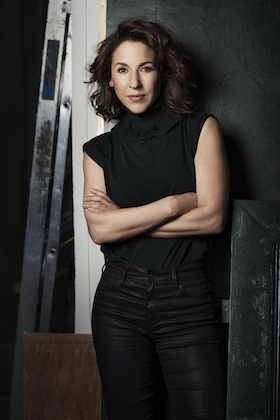 Selina Cartmell © Agata StoinskaSelina Cartmell, your first season at the Gate has been constructed around the idea of "The Outsider". In an interview you say you wanted "to empower female voices and to reframe the classics by bringing in great female directors, playwrights and actors". What is your motivation for that?
Selina Cartmell © Agata StoinskaSelina Cartmell, your first season at the Gate has been constructed around the idea of "The Outsider". In an interview you say you wanted "to empower female voices and to reframe the classics by bringing in great female directors, playwrights and actors". What is your motivation for that?
There has never been a more important or potent time to shine a strong and bright spotlight on women’s stories, experiences and extraordinary talent. I have spent the last 20 years working as a freelance theatre director and now that I find myself in the privileged position of being able to programme meaningful work, I intend to continue making female voices central to my artistic vision.
What changes with more female voices?
50 percent of the world's population is female. That's half our audience! Because the female perspective has not been represented historically in half of our stories, what the focus brings about is a long overdue equality in the stories we see on our stages and the voices they represent.
How is the audience taking your first season, is it being discussed aesthetically or rather politically?
My first season has covered a lot of ground, including a world premiere musical adaptation of a Hans Christian Andersen fairytale by Irishwoman Nancy Harris ("The red shoes"), "Tribes" by Nina Raine, a fierce and unique take on 1950s misogyny by director Annabelle Comyn ("Look back in anger" by John Osborne), Shakespeare ("The rape of Lucrece") interpreted by the great Irish stage storyteller Camille O'Sullivan. Each production had a new and unique audience, and the reaction to each has been individual to that show. I welcome both political and aesthetic discussions around the work presented by the Gate.
How long does it take for female directors and playwrights to not be "The Outsider" in the theatre system anymore?
Considering oneself an Outsider has always been a badge of honour for storytellers. Remaining on the outside looking in is a place where writers, directors, actors and indeed characters can find their greatest strengths. It is a sign of maturity when we realise that the lone voice against the crowd is the one we want to listen to – and that’s at the heart of drama, it’s what sets a story in motion. I hope that the system will continue to open up and create a different world for the theatre makers of the future so that they can choose freely whether they want to be outsiders.
What do you think about the impact of theatrical "role models" – do you think that stronger female characters on stage and shows by female directors and playwrights can change the way women are perceived in broader society?
From when we are very young, stories are how we make sense of the world. Books, family stories, legends, myths, song lyrics, TV, movies, and the stories we see on stage. Of course the more varied the stories we tell about women, the deeper our understanding. There should be no singular definitions of qualities such as strength, beauty, fear and evil. They come in many forms, both male and female, and the broader the scope of our characters, the better.
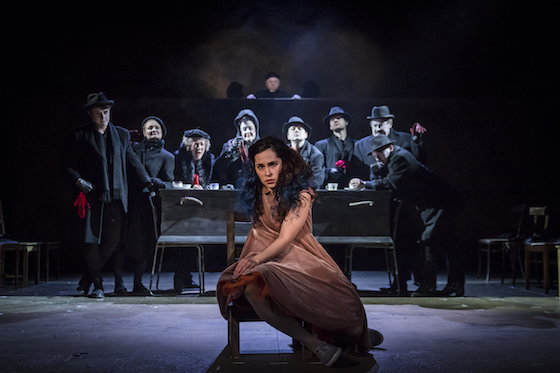 "Red Shoes" at The Gate, Dublin © Ste Murray
"Red Shoes" at The Gate, Dublin © Ste Murray
In the German speaking theatre world, there’s been a debate about whether we need a women’s quota in order to change the situation (80 percent of state funded theatres are led by men). I understand that there’s been a similar debate in Ireland under the hashtag #Wakingthefeminists ...
#WakingTheFeminists has been an extraordinary force in Irish theatrical life over the past 3 years, and the reach of the movement has extended to politics, education, film, literature and many other areas. Quotas are an important and tangible method of redressing imbalance, and the Gate along with all of the Irish cultural institutions is seeking to find the best way forward with the goal of achieving gender equality in the coming years. Many of Irish theatre’s finest directors are female; Garry Hynes, Annabelle Comyn, Lynne Parker, Roisin McBrinn, Oonagh Murphy, Louise Lowe and Grace Dyas among them. But there are so many more voices to be heard and here at the Gate we are listening very carefully to developments in the theatre sector. We are working the other institutions in performance arts in Ireland to establish an achievable quota over the next number of years. There will be a formal announcement later in the summer with benchmarks and timelines.
Why do you think a quota is the right strategy?
Quotas are relevant for a number of reasons including fairness, balance and ensuring future balance of excellence in all departments and areas of the arts through recruitment and training – we're working with third level education institutions on this. Also, we need to be accountable in the future. Otherwise, it is subject to revision under future agendas or management. As an arts organisation agility and flexibility is key to producing extraordinary relevant work – so of course we need to be responsive. However, this is a marker of a fundamental change in culture so needs to be embedded in all behaviour and decisions.
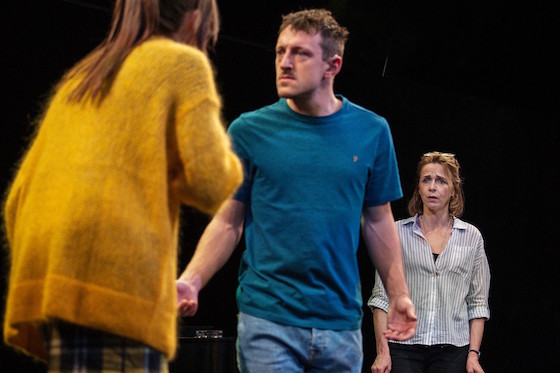 "Tribes" by Nina Raine © Agata Stoinska
"Tribes" by Nina Raine © Agata Stoinska
On the whole, what has changed since #Wakingthefeminists is in debate? Is it enough?
This has been a watershed. Culture is changing and organisations such as The Gate Theatre are embedding dignity and diversity at work policies, implementing these policies decisively and in a timely manner. However, it is not just enough to put policies in place, we need to ensure that every member of staff can trust the system as they see it in action, and understand that these policies are fair, honourable and intend to make the arts a safe environment – without losing any of the vitality, passion, artistic risk and immediacy which fuels it. Organisational structures and systems must support our new culture and ensure every member of staff is properly trained, have clear reporting lines, and understand the values of the organisation we are trying to create. This is an ongoing process which is based on the team's willingness to get on board with the process of shaping our new policies and then adopt them in their working practice. It is better than it was before already – people are seeing fairness, openness, enforcement of new policies, zero tolerance of previously accepted bad behaviour.
I understand that there in the wake of #MeToo there have been allegations of sexist behaviour against your predecessor Michael Colgan. How do you deal with these allegations?
We commissioned an independent investigation to look into these allegations and invited anyone who worked or currently works in The Gate Theatre to contribute – in strictest confidence. We commissioned the report to gain learnings and get recommendations in how this would never arise again as a situation. We published the report and recommendations and the recommendations have been adopted into our code of conduct. Our employee handbook has a code of conduct embedded with policies and strategies for ensuring that management and staff know what the standards of behaviour required are and how they are measured and held accountable for their actions/inactions. We have held training for all our heads of department. We do not have a 'single page' statement as this is embedded in the vision of the theatre. In my experience, 'codexes' stand in danger of being empty promises without the 'delivery' policies/practices as outlined above and without measurements and benchmarking put in place to make them meaningful.
Selina Cartmell studied Drama and History of Art (BA) and Advanced Theatre Directing (MA) in Dublin and Glasgow. She has been working freelance as a theatre director for the past 20 years. Between 2010 and 2011 Selina was Artist-In-Residence at the Samuel Beckett Theatre. She won the 2014 Irish Times Theatre Award for Best Director for Punk Rock, following previous wins for Titus Andronicus and Medea. Since 2017, Selina Cartmell is Artistic Director of The Gate Theatre, Dublin.
Further reading:
– report on #MeToo-allegations against Michael Colgan
– The Gate Theatre's employee handbook containing a new code of conduct
– The Guardian on Selina Cartmell's first season as Artistic Director of The Gate Theatre
Wir bieten profunden Theaterjournalismus
Wir sprechen in Interviews und Podcasts mit wichtigen Akteur:innen. Wir begleiten viele Themen meinungsstark, langfristig und ausführlich. Das ist aufwändig und kostenintensiv, aber für uns unverzichtbar. Tragen Sie mit Ihrem Beitrag zur Qualität und Vielseitigkeit von nachtkritik.de bei.
mehr debatten
meldungen >
- 17. April 2024 Autor und Regisseur René Pollesch in Berlin beigesetzt
- 17. April 2024 London: Die Sieger der Olivier Awards 2024
- 17. April 2024 Dresden: Mäzen Bernhard von Loeffelholz verstorben
- 15. April 2024 Würzburg: Intendant Markus Trabusch geht
- 15. April 2024 Französischer Kulturorden für Elfriede Jelinek
- 13. April 2024 Braunschweig: LOT-Theater stellt Betrieb ein
- 13. April 2024 Theater Hagen: Neuer Intendant ernannt
- 12. April 2024 Landesbühnentage 2024 erstmals dezentral


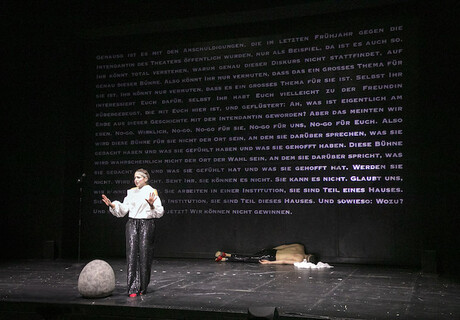
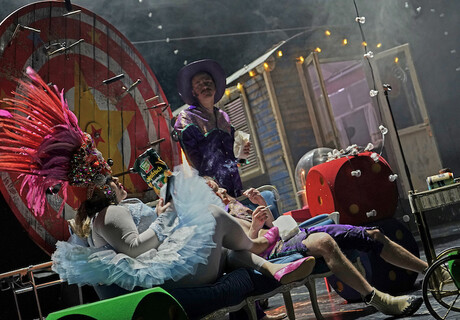
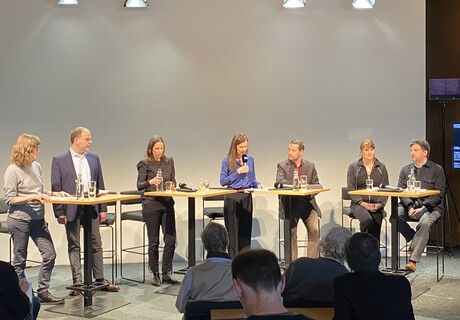
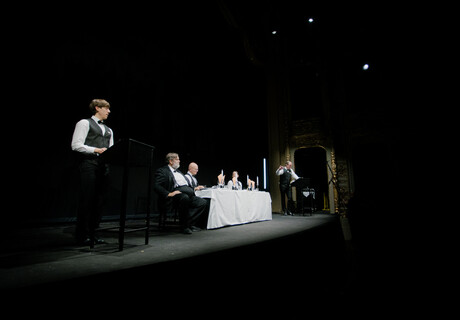

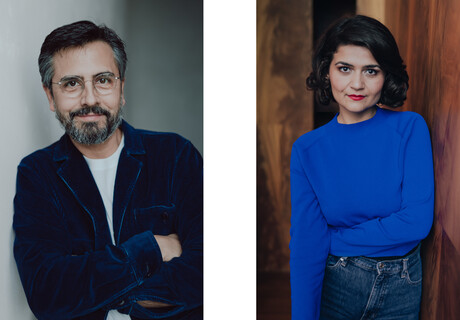
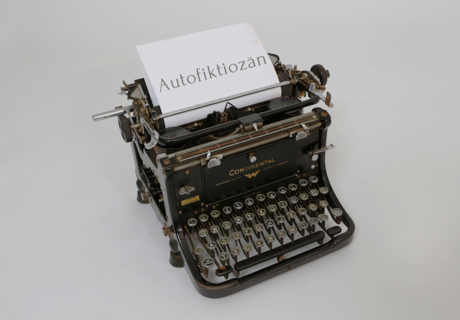
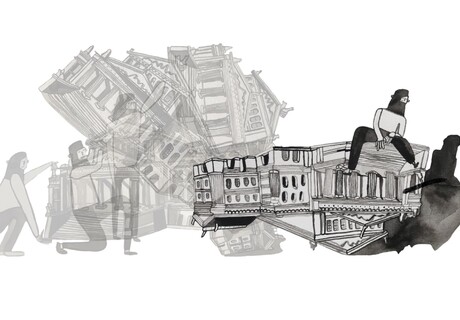
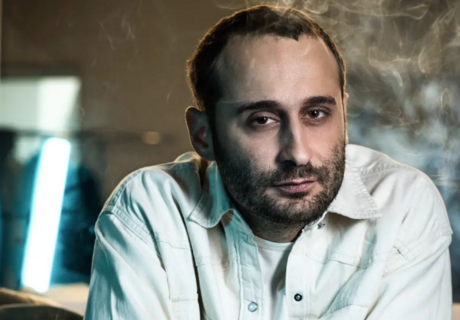

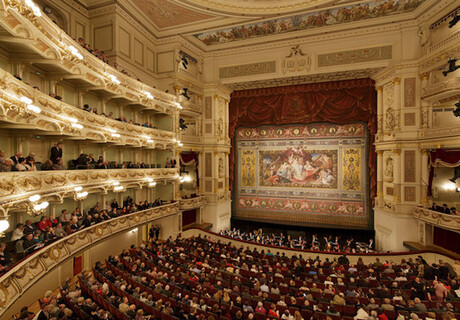
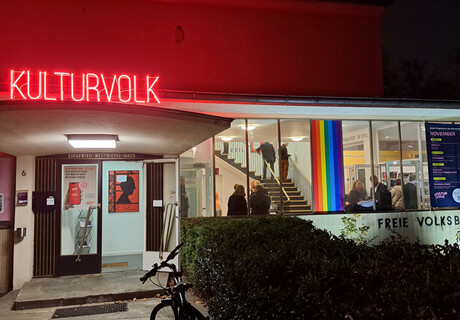
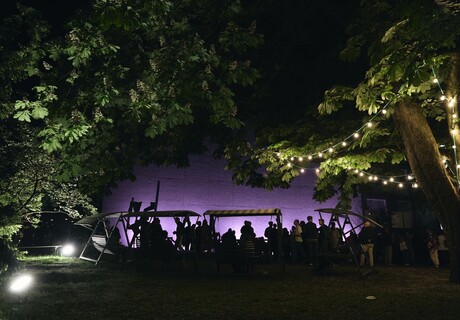
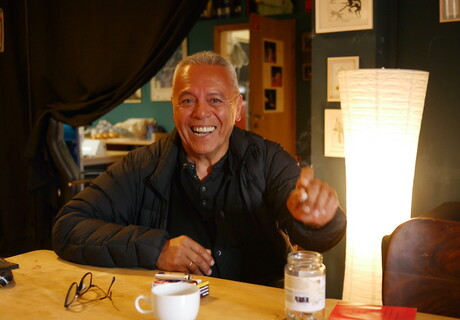

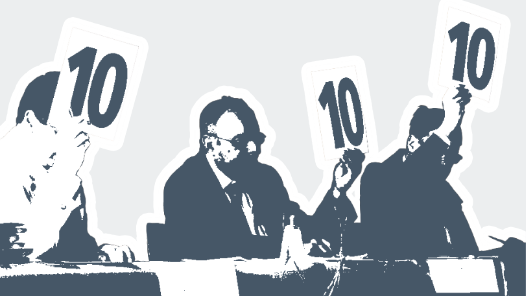
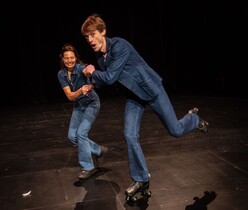

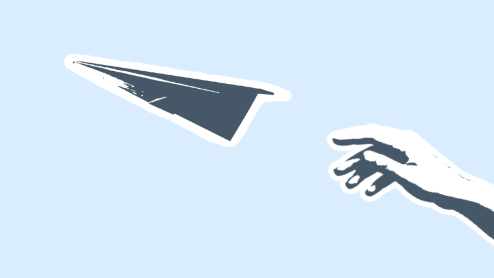

neueste kommentare >